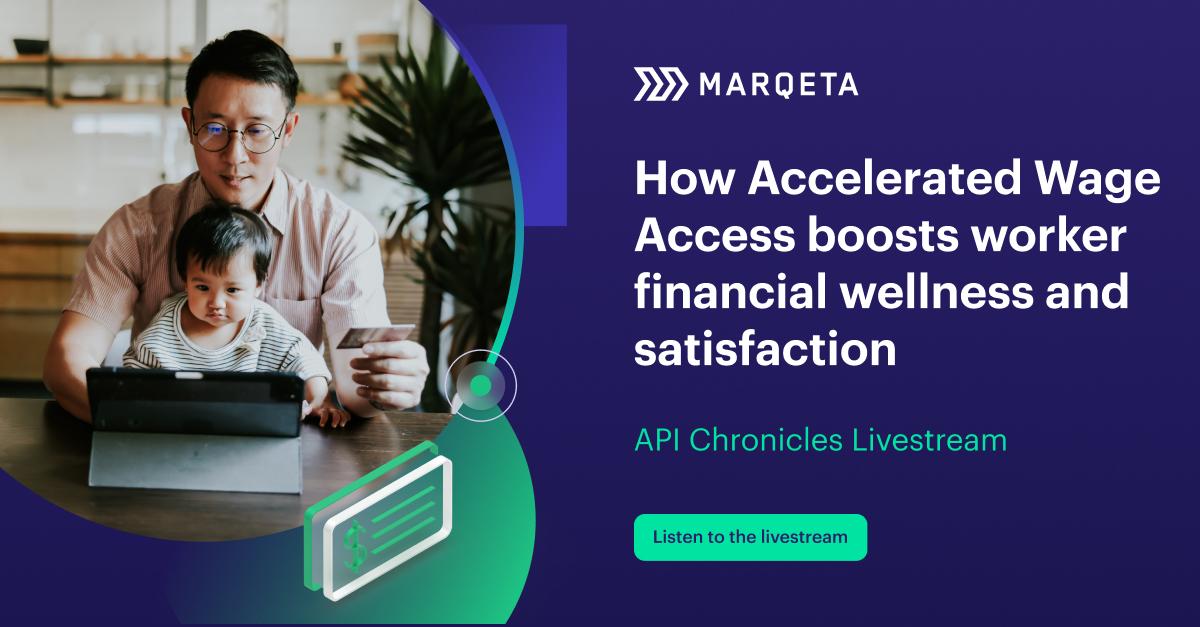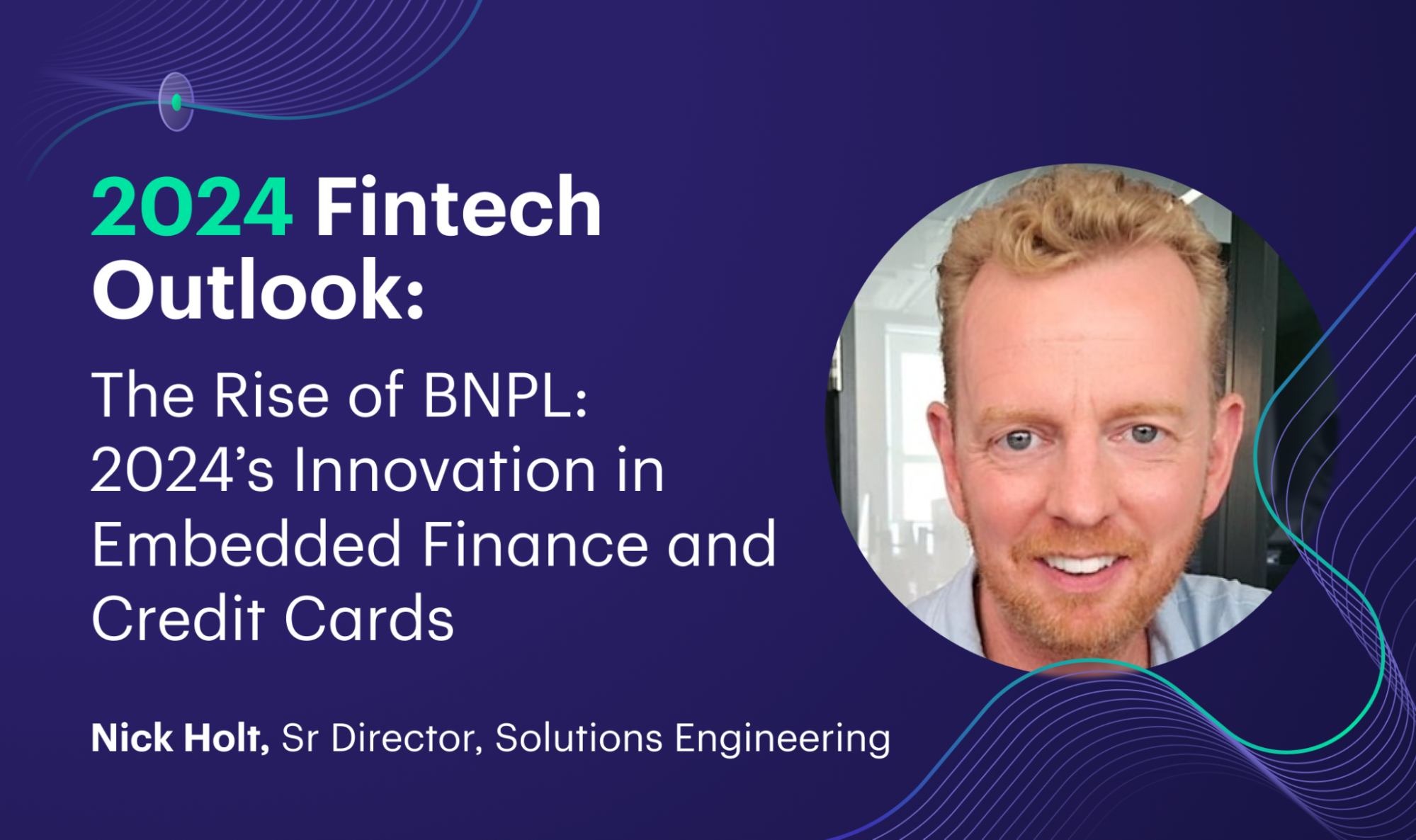Since 2011, digital banking innovator Holvi has been delivering impressive money management tools and user-friendly business accounts to freelancers and entrepreneurs across the globe. Its proposition also features accounting and bookkeeping tools — all of which are aimed at helping small business owners save time and focus on growth. We spoke to Holvi’s CEO Antti-Jussi Suominen to learn more about business bank accounts for freelancers and other services for the self-employed.
Did you have a defining experience that drove you to set up Holvi?
We founded Holvi in Helsinki in 2011. Self-employed people ourselves, we had had enough of being forgotten by traditional banks and left alone with the management of our finances. There were no banking products designed to meet the needs of freelancers. Today our team consists of over 140 employees from 30 countries. In our offices in Helsinki, Berlin, and Madrid, we work every day to make life a little easier for the self-employed. We want them to spend less time handling their business finances, bookkeeping, and tedious paperwork — and more time on everything else.
Is there a company that you see as a mentor, who has a vision that really resonates with what Holvi is trying to achieve?
We’re big fans of Atom Bank. The team is great, and they are also in the business of transforming banking for small businesses. In that sense, we share the same mission. And from our perspective, they’re doing a great job.
What are the core ingredients of building a digital bank that can scale and constantly innovate?
First, you need to decide on your licensing from the start.
Naturally, financial services is an inherently regulated industry in which consumers are rigorously protected; therefore, it is extremely important to understand and comply with the regulatory laws and licensing requirements when building a fintech startup.
Second, a well-rounded team is critical.
Holvi’s technology platform has a full retail banking capability that our team built completely in-house. Our success in this can be largely attributed to our diverse team that specializes in code, design, finance, compliance, and operations. It cannot be overstated: if you want to get into fintech, start by building a well-rounded team with skills in these areas.
Third, compliance is your best friend.
If you think compliance is secondary and can wait until the most important things are done, think again! Don’t wait too long to hire a compliance officer to implement effective compliance policies and procedures. The basic starting point is to show an intention to put consumer protection at the heart of your startup.
Fourth, shape your product around your customers’ needs.
Create a banking product that your customers will love. For example, we want to offer the best bank account for freelancers. Put your time and effort in understanding your customers’ needs, and form your product and messaging from there.
What are the hardest lessons you have learnt from designing a business banking experience for the self-employed?
Banking has been very local for decades, so there aren’t a lot of banks that are both international and digital, providing services across borders without having physical offices. When we started our expansion, there wasn’t an existing playbook for market entries. It’s been interesting and exciting — with a lot of rough learning.
One hard lesson we’ve learned is that passporting our banking license across Europe is not as easy as said. It’s a beautiful idea, but it doesn’t work in practice due to local regulations.
We’ve also learned that increasing operational efficiency is hard through automation and few fintechs have figured this out. Most companies are still scaling by increasing headcount. This is both challenging and rewarding at the same time as we try to find ways to scale our business through automation and technology.
How do you stay close and anticipate the future needs of your core audience — entrepreneurs?
Every company wants to understand its customers in order to develop its business and drive growth. So do we. Here at Holvi, we want to have a deep understanding of our customers’ wishes and pain points — and preferably in real time — which we do by talking frequently to our customers as well as doing research within our customer target group.
Today, automation is the core of our customer feedback collection and analysis. Product managers can see in real time which areas of our service and offering get positive or negative comments and gain a better understanding of what the feedback means. This way, we can easily make the data actionable.
As we turn customer feedback into actions, we want to ensure that our customers know that their feedback matters and that they are up to date on what’s coming up in product development.
What do you think the next big evolution in business-to-business (B2B) banking will be?
In terms of serving our customers, there’s still so much work to be done. We, as Holvi, are not there yet. Other providers are not there yet. Just as an example: The ultimate freelancer mortgage product is not there yet. So there is a lot to be done and a lot that we and the industry as a whole, the financial service industry, can do to support freelancing as a valid career path.
Marqeta regularly engages the fintech community to discover how innovators are helping consumers and businesses solve their challenges. Check out our other guest blog posts:
*The views and opinions expressed in this blog are those of the indicated respondent and do not necessarily reflect the views or opinions of Marqeta.




